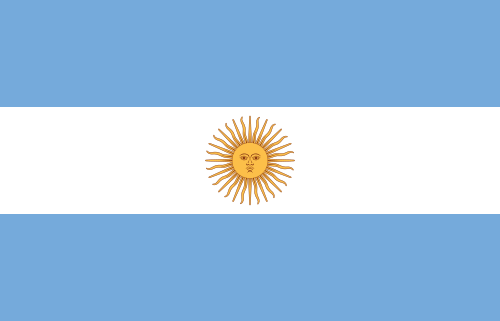Harry Lam
Journal Staff
Former Argentine President, Néstor Kirchner, died of a heart attack last Wednesday at the age of 60. He had been suffering from heart problems in the last year and underwent two serious heart operations in September. Kirchner had served as president from 2003 to 2007, and was the husband of the current Argentine president, Cristina Fernandez and. He was expected to run for the presidency again in 2011 after his wife’s term.
Kirchner was a left-leaning politician of the Front For Victory Party and came into power in 2003 following the political and social turmoil caused by Argentina’s economic and financial crisis of 2001-02. He inherited an economy that was in recession and a currency that was in collapse. The economic crisis left Argentina with an accumulated debt of about $100 billion, which is the largest debt default in its history, and millions of Argentines in poverty, or unemployed. Five different administrations came into power and left during the crisis.
Several months after these events, Kirchner would be elected into power in a less than stable political environment. Even still, he is widely credited for pulling Argentina out of the economic crisis and bringing financial stability by renegotiating the country’s debt, and forcing holders of Argentina’s debt to accept far less than they had invested.
An increase in worldwide demand for Argentine commodities also aided in the recovery process while Kirchner was in office. At the start of his presidency the economy grew for the first time in half a decade by 8.7 percent and continued growing during his presidency on an average of 8 percent annually.
During his presidency, Kirchner became known for his populist policies where he increased spending on social programs and infrastructure. Another trademark of his legacy were his intense and fiery speeches where he blamed some of the business community, the International Monetary Fund, and North American style economic policies of previous administrations for the crisis.
He gained favor among many Argentines by undertaking a major overhaul of military policies. As president, he charged or investigated many of the accused perpetrators for the atrocities committed during Argentina’s military dictatorship of 1976- 1983. During this right wing and U.S. supported dictatorship, at least 13,000 people and as many as 30,000 were killed in Argentina by the armed forces. According to polls, Kirchner had public opinion behind him, with 70 percent of the population favoring the decision to end amnesty laws for the military.
His body was flown to Buenos Aires on Thursday for his wake. Hundreds of thousands of Argentines crowded the streets to pay their respects to the former president and express their condolences to Fernandez. Many on the streets chanted, “Nestor didn’t die! He lives on in the hearts of the people!” and were carrying flags, flowers, and candles. Several Latin American leaders, including the presidents of Venezuela, Ecuador, Bolivia, Paraguay, Uruguay, Brazil and Chile, also attended the wake.
“A great patriot has gone, a great Latin American,” said Ecuadorian president Rafael Correa.
Venezuelan president Hugo Chavez told reporters at his arrival in Buenos Aires, “I bring the tears of the Caribbean and the Orinoco people in my heart. Latin America was not ready for the death of this Argentinean leader.”
The following day, tens of thousands lined the streets in Buenos Aires as the hearse that carried Kirchner’s coffin was being driven to the airport to be flown to Rio Gallegos where







